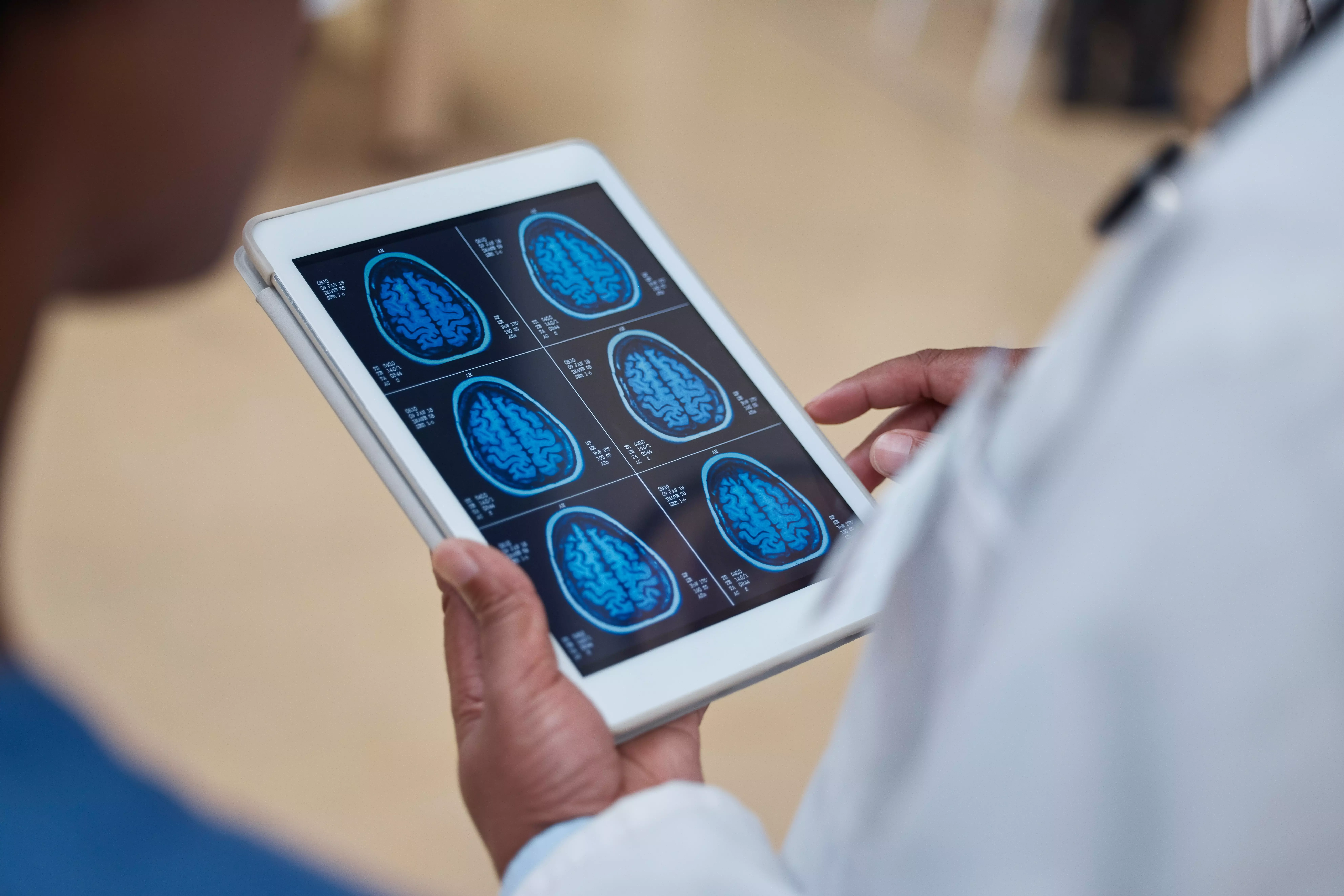 flanc.la
flanc.laUsing AI and Big Data in Neurosurgical Research
As technology advances, neurosurgery research has more and more to offer. Two major trends are particularly relevant here - artificial intelligence (AI) and Big Data. These two tools are becoming increasingly popular in neurosurgical research, bringing with them new opportunities and accelerating progress in the field. Here's how AI and Big Data are being used in neurosurgical research.
Artificial Intelligence (AI) in Neurosurgical Research
Artificial intelligence, particularly machine learning and deep neural networks, is showing promise in the field of neurosurgery. AI can be used to analyze MRI and CT images to identify and classify brain tumors, which in turn can aid in diagnosis and treatment planning. Such AI systems can also predict surgical outcomes based on patients' clinical data, which can help guide treatment decisions.

Big Data in Neurosurgical Research
The term "Big Data" refers to large data sets that can be analyzed by computer to discover patterns and trends. In the context of neurosurgery, Big Data can include a variety of data sets, such as patients' electronic records, genetic data, medical images, or even data from patient-worn devices. Analysis of this data can help identify risk factors for various conditions, predict treatment outcomes or identify new therapeutic targets.
Integrating AI and Big Data
Integrating AI and Big Data can bring particular benefits to neurosurgical research. AI can help analyze large data sets by identifying patterns that may not be visible to the human eye. For example, AI can be used to analyze genomic patient data to identify genetic markers associated with neurosurgical outcomes.
Summary
AI and Big Data have the potential to significantly accelerate progress in neurosurgical research. Not only can they provide new ways to analyze clinical and imaging data, but they also open up new opportunities for personalized medicine and treatment optimization. Although the use of these tools comes with challenges, such as protecting patient privacy, their potential for the future of neurosurgery cannot be overestimated.
!